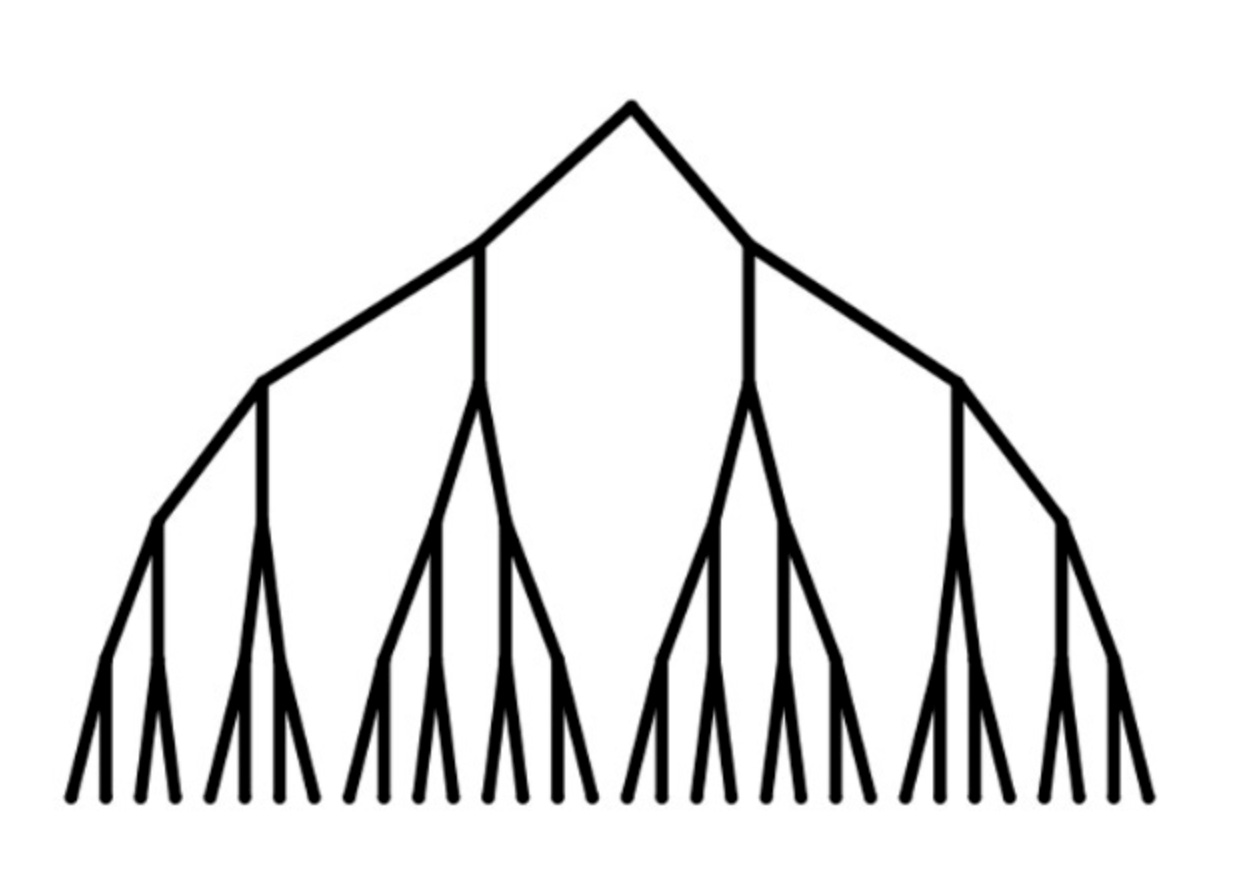Hello.
You are reading Understanding TikTok. My name is Marcus. The Femininomenon got canceled. Once again. Here we are. Four more darker years. Enclosed are some first observations after the sweeping defeat.
🔵 Team Harris
🔴 Team Trump
⚪ Political Campaigning
🔵 Team Harris
“Team Harris outraised, outspent, out-advertised, and (for the most part) out-posted Trump across the internet. Their senior staff understood the changing media environment and how social media platforms have evolved since 2020 - and they adapted their strategies accordingly. Still, it wasn’t enough.” Kyle Tharp, FWIW
The digital rapid reponse team – The ‘feral 25-year-olds’ making Kamala Harris go viral on TikTok (Washington Post) – has done nothing particularly wrong. Harris soundly won the vote among 18- to 29-year-olds. But TikTok as all other platforms is only part of a joint effort. Future elections will not be won without an online ecosystem. The internet is real life now, tweets Parker Butler, director of digital rapid response: Democrats need to drastically grow our online ecosystems to reach audiences far outside of the echo chambers.
Adam Aleksic points to a structural aspect (Usermag) – broadcast vs. viral communication – and concludes: Candidates are reshaping their communication to perform better on algorithmic platforms: getting more likes, more shares, and more retention—which means exaggerating and hyperbolizing, since less exciting content simply doesn’t go far on those platforms. Therefore: All political campaigning is going to be meme-based in the future, because algorithms are only going to tighten their grip over our society.
🔴 Team Trump
It would be pointless and barely possible to list all of Trump’s vulgarities during this campaign. Yet he mastered the game of attention with a miraculous agility by stimulating – to pick out only one striking example – oral sex on a microphone (Independent). Well, politicians are engaging in greater online incivility than before because they know that civil content garners less engagement (Frimer et al.).
Trump has turned into a living meme. With or without irony people out there mimic his moves (Learn the Trump Dance), turn his weird ramblings into songs (Eating the dogs) or wear bandages on ears in support (The Guardian). Trump’s pop cultural appeal throughout the years (Home alone etc.) has entered its most shrillest phase with Trump Latinos rapping for the convicted felon while praising “Black Maga” (@TrumpLations24) and religious AI slop edits where he can be seen standing next to Jesus both holding a US flag.
And then there are friendly accounts like @americafirst617, @realmichaelsolakiewicz, and others that would show behind-the-scenes footage of Trump interacting with his grandkids or joking with supporters on the golf course, often receiving millions of views. That side of Trump had rarely been shown in the mainstream media or on other social media platforms as Kyle Tharp, FWIW points out. Meme-infused content, perfectly prepared for participatory propaganda where the dissemination of content is outsourced.
Besides all that, the Trump campaign perfectly aligned to a broader “cultural shift {that} has been brewing for years in America as Paul Anleitner points out on Twitter. While playful postmodernists vibed with an “Eating the dogs” edit, a lot of others condemned the already debunked “fact” of immigrants eating pets in a form of
post-ironic sincerity.
⚪ Six Thoughts on Political Campaigning
Political campaigning must embrace the online-offline nexus. The internet is the real life. And the real life is the internet.

Political campaigning needs to reach very different target audiences on all platforms available. Therefore political campaigning needs an online ecosystem. To amplify your message you need people willing to help spread it.
Emotion > content. There has been lots of talking about vibe and vibe shifts (NYT). Make people “feel their way into politics” in ways that evolve beyond the conventional, deliberative logic of traditional public sphere (Papacharissi 2014)
Political campaigning needs to embrace memes as lingua franca of the internet (Galip 2023). Memes are not merely funny images with text but relevant carriers of meaning. They help in building communities. They help in spreading ideas. They help in engaging others. They help making ideas stick.
Political campaigning has to fit in national / regional peculiarities. Ideas can not just be copied. Parts of the German Greens for instance still try to adopt the entire brat summer despite the fact that it is officially over.
Political campaigning needs to be fast and ferocious. In order to get people in an infinite media environment. In order to simply keep up with the maturity of information campaigns by bad actors.
🟡 Quote
One exercise that I think would be useful for understanding the effect of TikTok on the electorate would be to step back and think less about the type of content that you see there and think more about the type of person that TikTok shapes its users into being.
Max Read, The TikTok Electorate
🟠 What else
⚬ The German Foreign Office is on TikTok now (@aussenpolitik)
⚬ Four months of campaigning, conspiracy myths and dancing (Die Zeit)
⚬ Reading the Auras of Democrats and Republicans on the Eve of the Election (NYT)
⚬ Visual Politics: TikTok versus Instagram in the 2024 U.S. Presidential Election (Preprint)
⚬ Beyond Anti-Elitism and Out-Group Attacks: How Concerns Shape the AfD’s Populist Representation on German TikTok During the 2024 European Elections (Preprint)
⚬ Why is the 4B movement going viral after Trump’s win (Guardian)
⚬ Trudeau government bans TikTok from operating in Canada — but Canadians can still use it (CBC)
Thanks for reading. Speak soon. Best, Marcus







